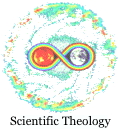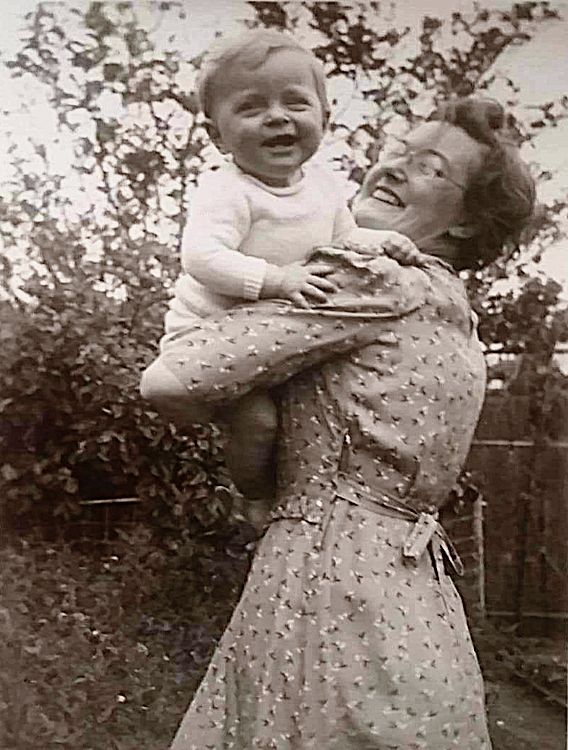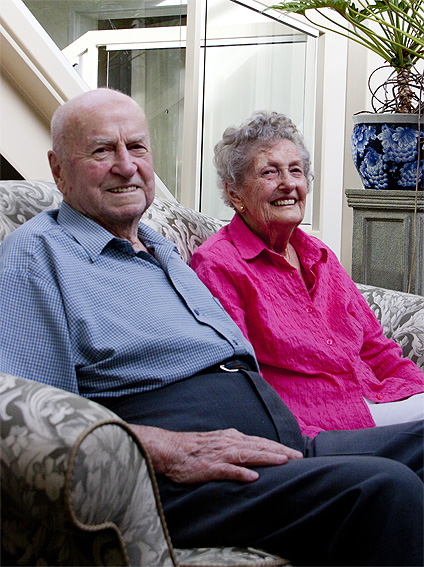Abstract
My principal interest in school had been science and I read widely, following relativity and quantum mechanics, and also the sociology of science, particularly Thomas Kuhn's Structure of Scientific Revolutions. Kuhn (1996)
My lecturers told me that theology is a science. The first thousand years of Christian theology, from the crucifixion of Jesus to the early middle ages was built from the Hebrew Bible and the philosophical legacy of Plato. Then, just as the monastic schools that had survived through the "dark ages" began to evolve into the first universities, the returning crusaders began to bring the work of Aristotle into Europe and caused a theological revolution. Hebrew Bible - Wikipedia, Richard Kraut (Stanford Encyclopedia of Philosophy): Plato (429-347 bce)
Albert the Great and Thomas Aquinas rebuilt the Christian model of god on Aristotelian metaphysics. This model has endured. The Roman Catholic Code of Canon Law provides that students for the priesthood study the work of Aquinas. Holy See: Code of Canon Law: Canon 252 §3
Writing nearly 2000 years before Galileo, Aristotle know nothing of the discoveries of modern science. It seemed to me that a new theological revolution was due based on what we have learnt about our world in the 800 years since Aquinas. I suggested that a scientific theology could be based on the idea that theUuniverse is itself god. My idea was that god, the universe and mathematics are bound by just one constraint: inconsistency cannot exist. Aquinas touched on this point when he discussed the omnipotence of god: even god cannot make it true that a man is a donkey. : Aquinas, Summa I, 25, 3: Is God omnipotent?, How Universal is the Universe
I had missed a small point. Although science is open to paradigm change, Catholic Dogma is not. The Church has defined itself to be infallible. It believes that it owns God. Its whole (very successful) business plan is built around this false claim to intellectual property. My position was (and is) heretical, and my career as a potential priest was terminated.
My teachers are all dead now so I can no longer offend them. I am getting old and feel that it is time to propagate what I know. Much of the scientific world thinks traditional theology is a mythological dream for which there is no evidence. True believers, like Pope John Paul II, see two sources of truth, revelation and evidence, and for them revelation takes precedence to evidence. I still think theology can be redeemed and rejoin the world of science by proposing and testing the hypthesis that the universe is divine. If this is so all the sciences are branches of theology as was the case in the medieval renaissance. Pope John Paul II (1996): Truth Cannot Contradict Truth, Address to the Pontifical Academy of Sciences October 22, 1996
So, like green energy, the time has come to introduce scientific theology. I know that a century is a short time in theology, but the theory of catastrophes and tipping points tells us that there comes a time. Violent murders motivated by the mythological religions of the past are creating pressure for revision, just as global warming is creating pressure to abandon carbon based energy.
In a nutshell: most current theologies are based on the assumption that God is outside the world, an invisible mysterious other. It is impossible to know something we cannot see, so we have a jungle of arbitrary and competing theologies.
I assume that God and the Universe are identical. On this hypothesis, the Universe performs all the roles traditionally assigned to God: creator, sustainer, guide and judge.
If the Universe is divine all our experience is experience of God so theology can become a real evidence based science. Since there is but one God, true knowledge of God will put us on the path to the unification of theology, as science has unified other disciplines like physics and biology. Doctors have no borders because we all share the same human physiology. Human spirituality has no borders because we all share the same roots in the divine universe. Given one theology, the religions of the world may see that they have a lot in common, just as the health care professions are substantially united through the science of biology.


